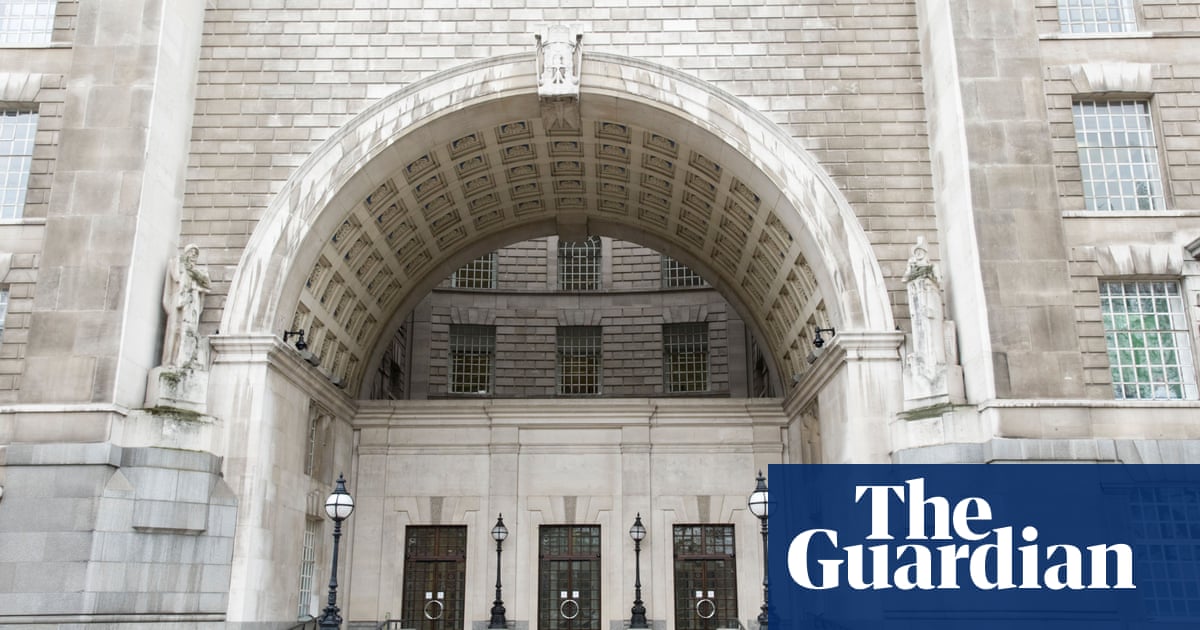MI5’s chief has apologised after a court ruled that a senior spy gave “false evidence” relied on in three court cases about a neo-Nazi informant who had used his status to threaten his girlfriend and tried to kill her with a machete.
Although there was no “deliberate attempt” to mislead, the high court held MI5’s subsequent explanations could not be relied on – and has asked a watchdog to examine if a contempt of court prosecution should be brought.
Ken McCallum, the head of MI5, offered a “full and unreserved apology for the errors made in these proceedings” and said that domestic spy agency would work with the authorities to resolve the embarrassing case.
It will now be for the investigatory powers commissioner to determine if there should be a prosecution for misleading the courts because MI5 had explained itself in a “piecemeal and unsatisfactory way”, the high court ruled.
At the heart of the story is a neo-Nazi informant, a foreign national known only as X, whose behaviour was the subject of an investigation by the BBC. At one point he attacked his girlfriend, Beth (not her real name), with a machete, an episode she filmed on her mobile.
Kate Ellis of the Centre for Women’s Justice, who represents Beth, said that the court judgment amounted to a “clear rejection” of the explanations that had been provided by MI5 reports and a “very serious warning” to the agency to cooperate with any further investigations.
She added that it was an important vindication for Beth “to see that the courts have not accepted MI5’s unsatisfactory explanations at face value and are taking these matters so seriously”.
Although one MI5 officer, its communications director, had told the BBC that X was a confidential source in 2020, another senior officer, Witness A, had given evidence that was relied on in three separate cases that declined to confirm the fact, casting a degree of doubt on the BBC reporting.
Three years ago, Suella Braverman, then attorney general, had applied to the courts for an injunction to prevent the BBC from identifying X. Witness A gave evidence in that case neither confirming or denying whether X was an informer for MI5 – the standard policy adopted by the British state.
Afterwards, Beth’s account of events was made public, but X’s identity was and remained secret. According to previous reports, he has left the UK.
On Wednesday, the court described Witness A’s statement as “false evidence” and complained that it had been relied on both in the injunction proceedings and two subsequent cases relating to a human rights complaint brought by Beth against MI5.
MI5 is deciding whether to take disciplinary action against some of its own staff after an internal investigation. The spy agency also commissioned an external review by Jonathan Jones KC into the affair, which was seen by the judges in the case.
According to their judgment, Jones has concluded that “false evidence was given because of a series of mistakes, some systemic and some personal, but that there was no deliberate attempt by any MI5 staff member to mislead the court”.
Richard Hermer, the attorney general, admitted Witness A’s evidence was false in January and finally confirmed that X was an agent a few weeks ago, because of “the exceptional circumstances of this case”.
However, the high court had been invited to consider by Beth’s legal team “how did the attorney general and MI5 come to deploy false evidence before the court” and what action should be taken next.
The three judges, Sue Carr, the lady chief justice of England and Wales, Dame Victoria Sharp, president of the King’s bench division, and Mr Justice Chamberlain said there should be a review of the government’s use of its neither confirm nor deny policy (NCND) regarding the identity of informers or agents.
“The use of NCND in these proceedings, and its maintenance until the very last minute, raises wider concerns,” the judges said, and invited parties to the case “to file submissions” as to the appropriateness of the policy.
